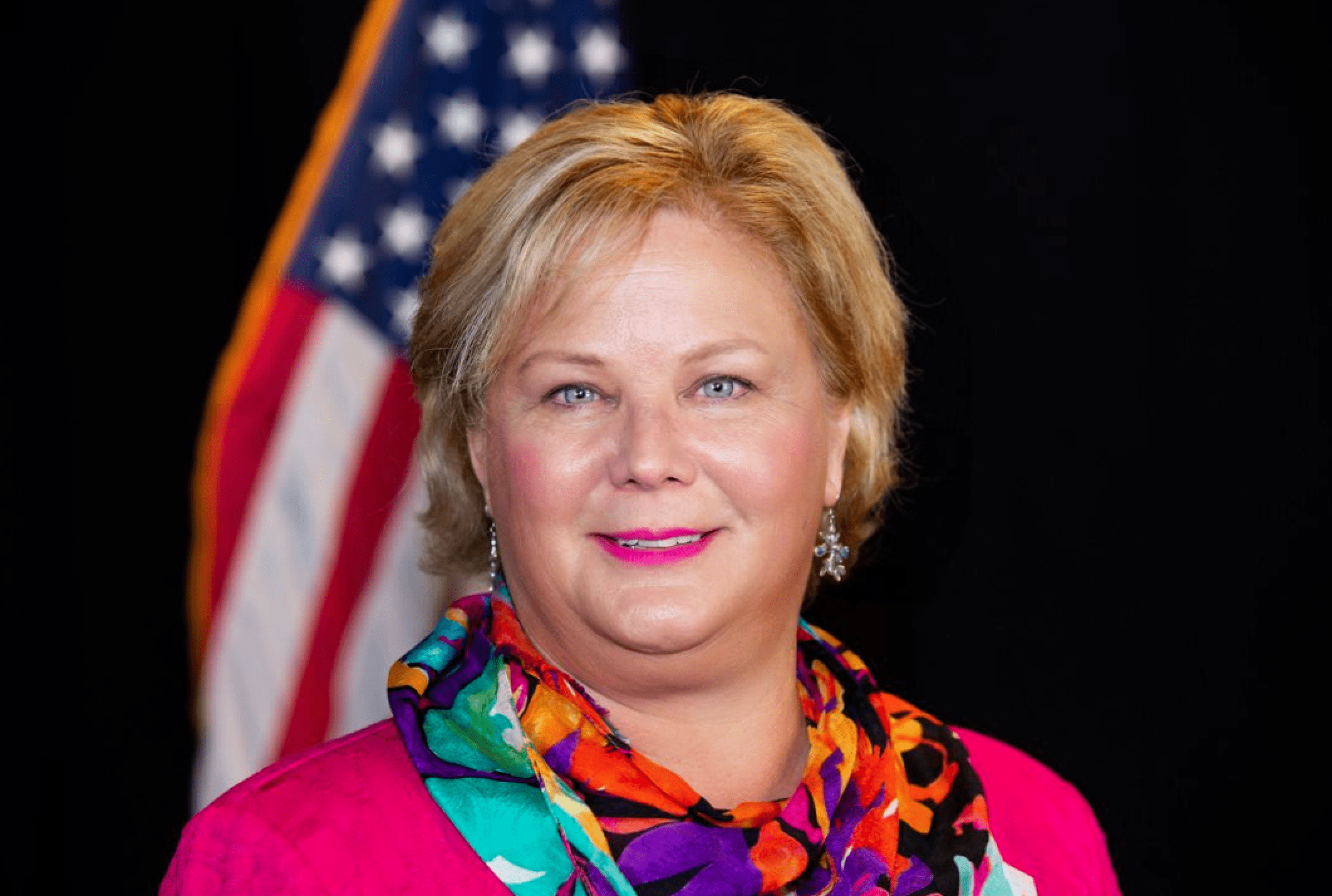A Summer of Change
Are you following the multitude of bus tours, sit-ins, protests, and campaigns this summer? Let’s see we have Care Cant (sic) Wait, Paid Leave for All, Climate Crisis, Voter Rights, and the list goes on. All of this is on top of the global pandemic that exposes how these inequities impact our lives. I believe caregivers should rally, tour, and advocate for equal protection and financial assistance. Will this be the year when caregivers get the support they deserve?
Financial Realities of Care
Today’s caregivers shoulder the physical, social, emotional, and financial burdens of care during this pandemic and beyond. Caregiving is costly in terms of out-of-pocket expenses as well as lost income and retirement savings. The support provided by family caregivers also helps save USA taxpayer dollars by delaying or preventing expensive nursing home care and unnecessary hospital stays.
Caregivers provide about four hundred and seventy-seven billion dollars annually in unpaid care to their loved ones. Care is provided for people of all ages whether it is a terminally ill child, a parent, or other vulnerable family members.
This issue impacts every generation as children are caring for parents in record numbers. In fact, one-quarter of all caregivers are Millennials. How can we justify the burden we are heaping on our youngest generations? With each passing decade, we have more family caregivers who have spent their own nest egg on the last. The consequences are devastating many families today. This is unsustainable.

Piggy Bank is Empty
According to AARP research, a retiree previously making fifty-thousand per year will need eighty percent of that in retirement. For each decade in retirement, you will need one-hundred sixty thousand dollars squirreled away. Today’s average retirement is eighteen years of which means each senior adult needs approximately 288 thousand dollars of savings. Unfortunately, many Americans have withdrawn from their retirement accounts for other expenses. With inadequate savings, more American retirees live in poverty relying only on Social Security.
Demographic Upheaval
The 2020 USA Census reveals some really big changes in our country. Demographers now project that more Americans will be over age 65 than under age 18 by 2034. Yikes! That’s only thirteen years from now. The Baby Boomer Generation entering ‘senior adult’ status will until the year 2030. The impact of Boomers turning 65 at a rate of 10,000 a day right now is hard enough to grasp. Equally startling is the thought with each year, we have fewer children in our communities.
The Credit for Caring Act of 2021
Senators Ernst, Warren, Bennet, and Capito, and Representative Linda Sanchez introduce a bill to provide a nonrefundable credit for working family caregivers. The Credit for Caring Act would provide much-needed financial relief.
The Credit for Caring Act would create up to five thousand dollars of non-refundable tax credit adjusted for inflation for family caregivers. The amount of the credit would be 30 percent of the qualified expenses paid or incurred by the family caregiver above two thousand dollars, up to a maximum credit amount of five thousand. It would help offset the out-of-pocket costs, such as home safety modifications, respite care, home care, transportation, smart technologies, and more. This bill would help eligible working family caregivers caring for loved ones of all ages, regardless of whether they live with their loved one or if their loved one is a dependent.
The recent child tax credit provides funds directly to parents to offset some of today’s economic burden. It is time to do the same for caregivers. Call your congressional representative, senators, and the President and demand they pass the Credit For Caring Act.




